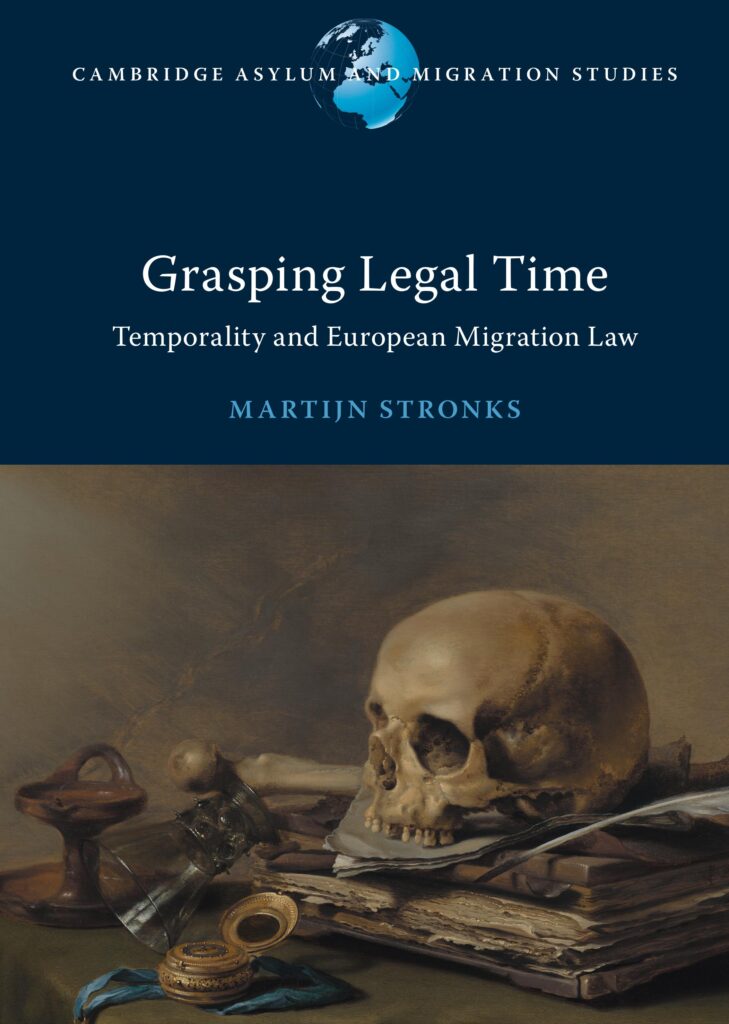9 april 2021
Time and Society – tekst op website
In the period 2014–2019, the Dutch authorities governed the duration of asylum procedures in order to control the influx of asylum seekers. They prioritised and accelerated cases with poor chances of success, while they deprioritised cases with good chances of success. This resulted in long asylum procedures for asylum seekers with a likelihood of success and short asylum procedures for those with a poor chance of success. This article contends that this Dutch policy is an illustration of ‘temporal governance’: a governmental strategy to control and discipline migrants by means of time. This form of governance is based on a detailed knowledge of processes of asylum procedures, which enables qualification, categorisation and differentiation between different groups of asylum seekers. The focus of this research is on how such temporal governance functions and how it relates to law. A traditional understanding of law and sovereign power entails that law legitimates and restricts power. Strikingly, temporal governance regulating the asylum procedure seems to have a different relationship to law. This article demonstrates that legal standards, in this case the standards of European Union legislation, provide Member States a large amount of room (temporal discretion) to apply temporal governance. Moreover, only a few limited legal remedies remain available, if the duration of the asylum procedure appears unlawful. Instead of limiting temporal governance, law provides ample opportunity for the acceleration and deceleration of asylum cases in order to delay due process of asylum seekers and deter others from arriving. We cannot prove that the Dutch government aimed at deprioritising and decelerating complex asylum cases and cases with good chances of success – which would have been unlawful. However, this was the net result of their chosen policy. We illustrate that instead of a legitimation and restriction of sovereign power to govern the asylum influx by means of time, law can function as a set of tactics to pursue policy aims by employing ‘temporal governance’.
∼ Lees verder ∼
• • •
